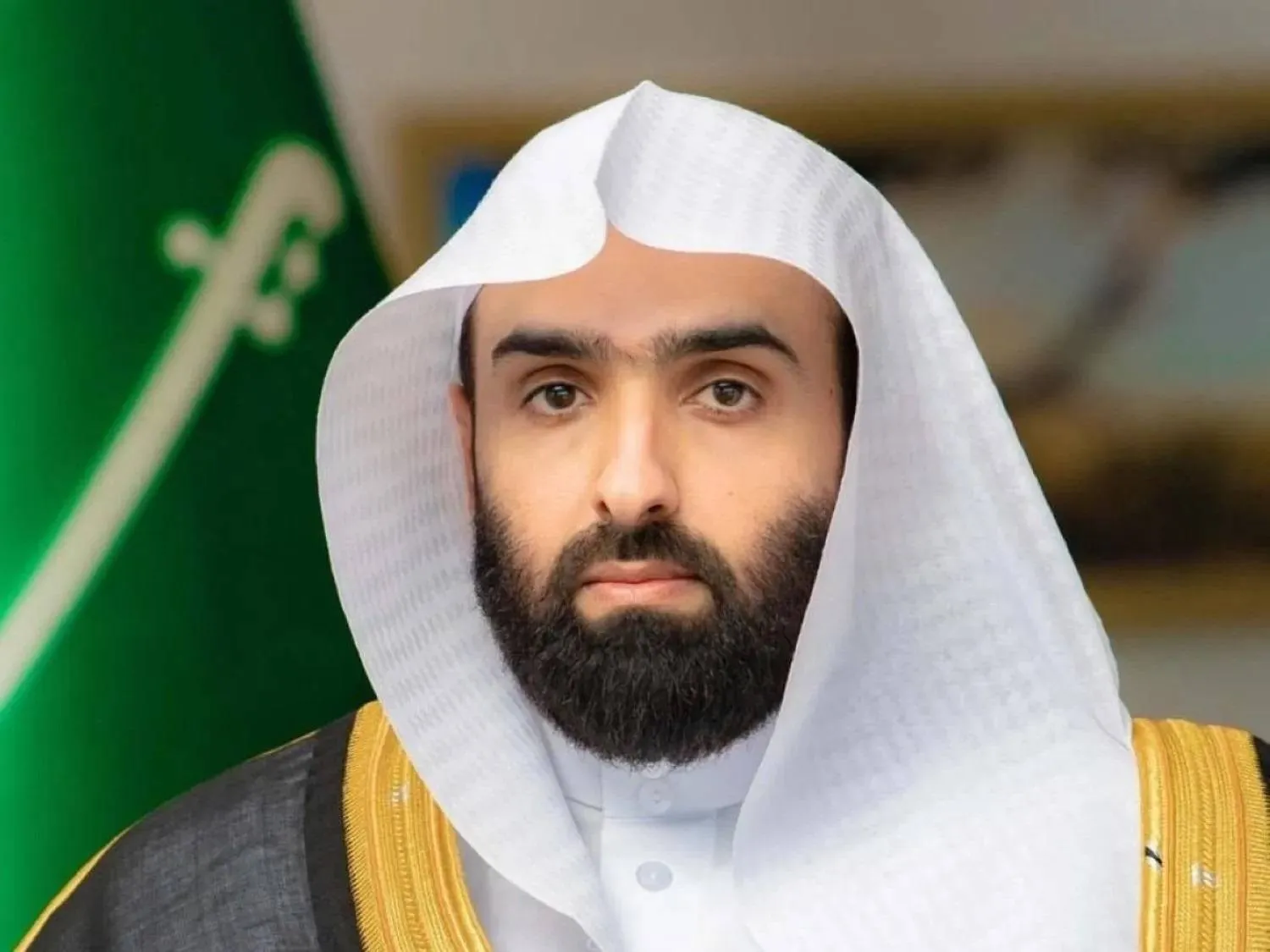The Organization of Islamic Cooperation will hold an extraordinary meeting in Riyadh on Sunday.
The summit, held at Saudi Arabia’s invitation, will focus on the ongoing Israeli aggression against the Palestinian people.
Senior sources at the OIC told Asharq Al-Awsat that the invitations have been handed out to all members of the organizations. The majority of leaders are expected to attend given the gravity of the situation in Palestine.
Riyadh is hosting on Saturday the Arab-African summit and an emergency Arab League summit that will tackle the conflict in Gaza.
Dr. Saleh al-Khathlan, Senior Advisor at the Gulf Research Center, said the OIC summit was an opportunity for all Islamic countries to take a united position on the Israeli aggression.
They should declare that Israel must immediately cease its attacks on Gaza, lift the siege, allow the delivery of aid and respect international humanitarian law.
They should also stress that there can be no alternative to a peaceful settlement to the conflict based on international resolutions, he told Asharq Al-Awsat.
Saudi Arabia’s invitation is part of a series of steps it has taken, since the eruption of the conflict on October 7, aimed at protecting Palestinians in Gaza and end the war, remarked al-Khathlan.
Moreover, he noted that the Kingdom was the first country to declare that it had repeatedly warned that the situation in the Palestinian territories was on the verge of imploding in wake of Israeli provocations and occupation.
Saudi Arabia has since acted given its important position in the region and pivotal role it plays in Arab and Islamic affairs, he stressed.
He said Saudi Arabia continues to maintain a firm stance towards the Palestinian people until they obtain all their rights, including the establishment of an independent state according to the 1967 borders.
Furthermore, he noted that Islamic countries have options at their disposal to pressure Israel to cease its hostilities, including recalling ambassadors and suspending economic, trade and military agreements with it.
He lamented, however, that Israel alone holds the power to end the war. The international community, including heavyweights Russia and China, doesn’t have the means to influence Israel and persuade it to stop its military operations.









